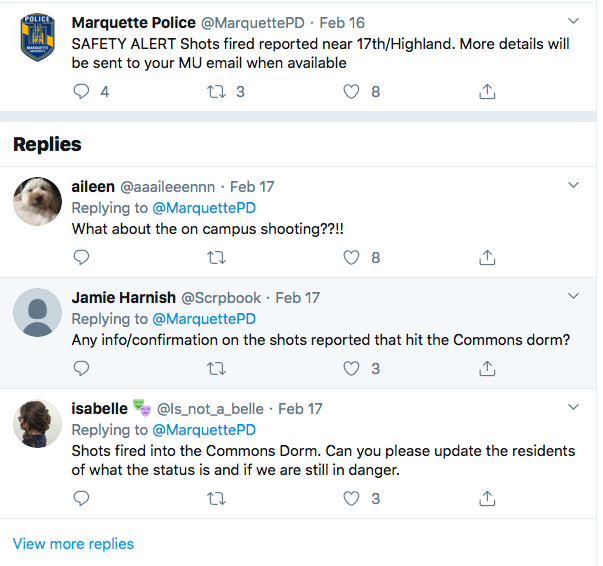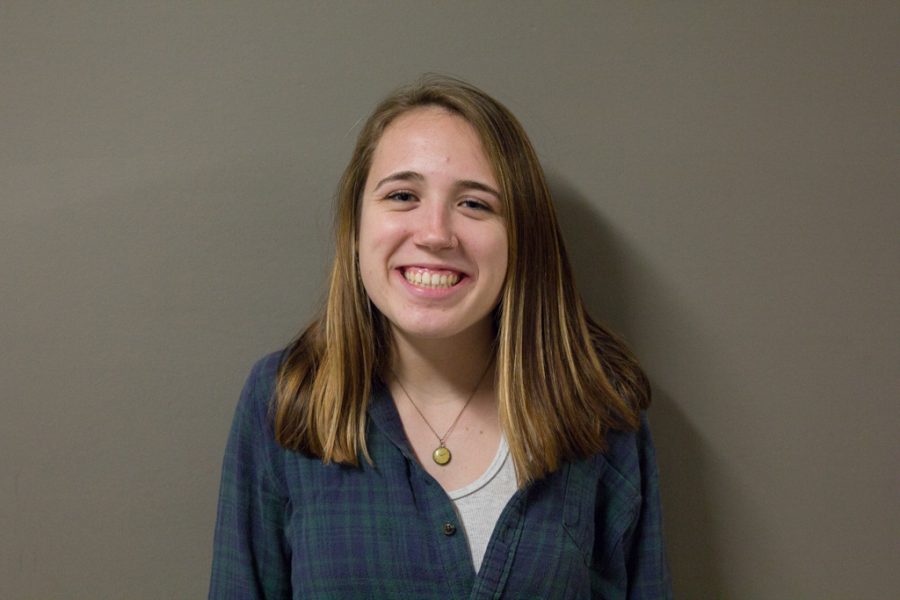This semester, as a result of the continuation of online classes due to the coronavirus, professors across the university have had to make alterations to their original plans for final tests and projects.
While some have maintained their plans to still give a test final, others have changed their minds and proposed other options.
Dave Wilcox, professional in residence in the College of Communication, said instructors have been discussing different ways to administer and modify their finals.
“It’s mixed. Different delivery options have been discussed, and there will be a fair amount of modifications,” he said in an email.
A. Jay Wagner, professor of journalism and media studies in the College of Communication, shared if professors will continue to directly follow their syllabuses due the nature of continued online classes.
“My understanding is most professors are looking to stay as true to their original syllabuses as possible, and I think that includes following through with final exams,” Wagner said in an email.
Just like Wagner, Wilcox, who is teaching three courses this semester with only one requiring a physical test, depicted his thinking process on whether or not to deviate from his original syllabus due to the circumstances.
“I considered punting the one course’s final exam in favor of a research paper,” he said in an email. “I decided instead to stick with the exam as planned but adapt what was a pen and paper exam into something that will work on D2L.”
SuJean Choi, director of the graduate neuroscience program in the Department of Biomedical Sciences, said the only thing she changed about her lone final exam is the way it is delivered.
“My final test is quite unique where students interact with me during the final test in order to diagnose fictitious patients,” she said in an email. “The only difference of how my final will be administered this year is that the class will be interacting with me on Teams and they will be submitting their answers through D2L. I did not want to change the rigor of the test or the material covered on the test because my class has been working towards this goal the entire semester and well before the current transition.”
Choi discussed the resources she is providing her students during virtual preparation for the final.
“To address the recent challenges to learning (and teaching) I have made additional resources available to my students including identifying free online textbooks, extra review sessions, and even a class ‘social’ in the very beginning to help everyone test out the Teams environment and illustrate to the class how to navigate the program or how lectures can be recorded,” Choi said in an email.
Tom Branigan, instructor of practice in the College of Communication, decided to fully change the finals he is giving this semester.
“I used to give a traditional final consisting of multiple choice, true/false, fill-in-the-blank and short-answer questions, but am adapting that to 4-6 prompts and asking students to choose 3-4 of them to respond to,” he said in an email.
Branigan said doing this makes his final “more about applied thinking, which aligns well with communication jobs my students will encounter post-graduation.”
Wagner said there has been a learning curve for professors who have to work to administer tests online while not sacrificing the quality of education.
“We’ve certainly had to adapt. I know some transitioned to more take-home style exams. Others are using software that restricts student’s computer abilities or monitors student activity during the time of the exam,” Wagner said. “Each alternative exam method has its drawbacks, some more severe than others. That said, faculty are doing their best to deliver course content and confronting challenges as best they can.”
While none of the professors mentioned it, Respondus Monitor and Lockdown Browser programs will be used in some classes across the University as well. According to the official Respondus Monitor website, the purpose of the monitor is to, “lock down the testing environment within a learning management system.
This story was written by Nick Magrone. He can be reached at nicholas.magrone@marquette.edu.












